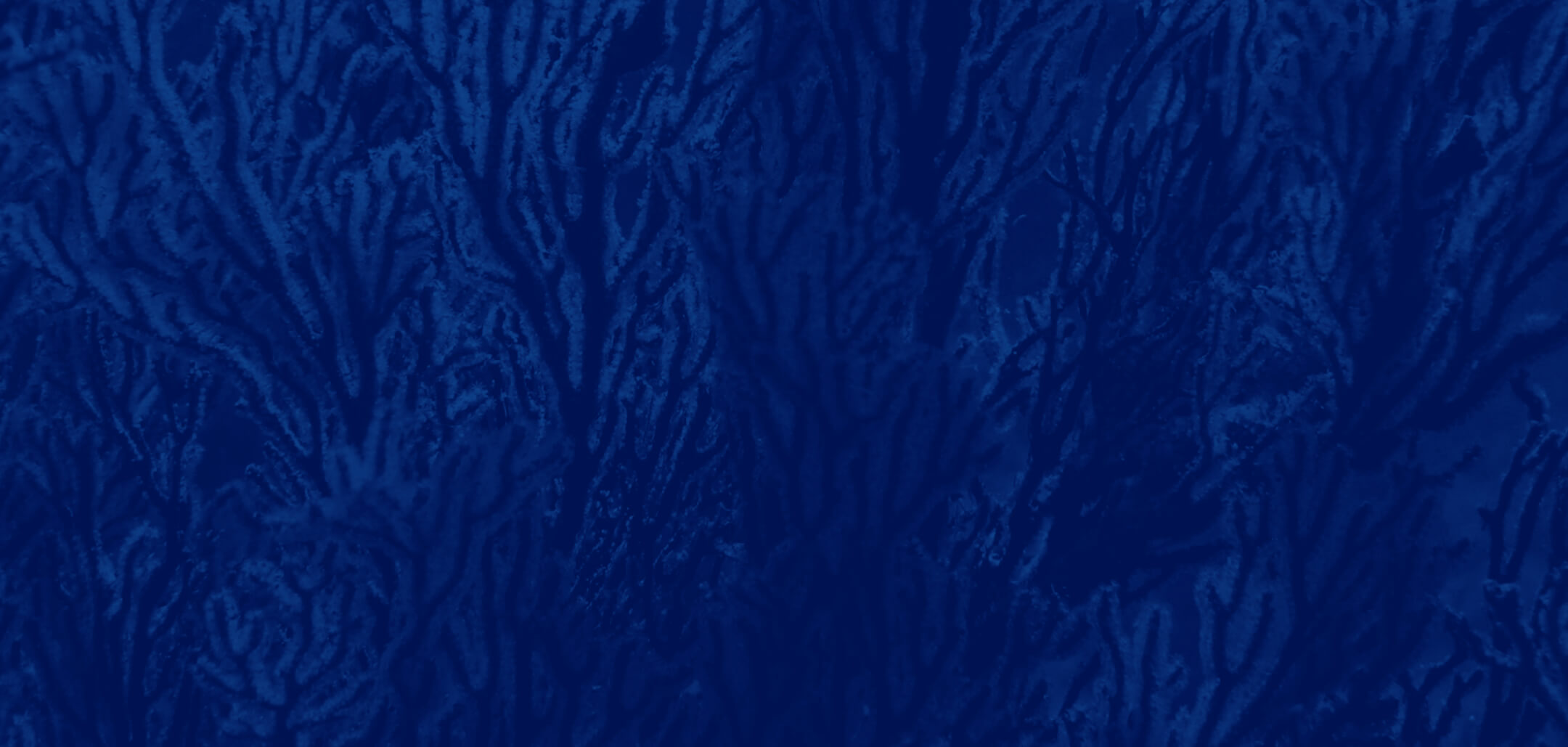Of 228 zoos and aquariums, Mote Marine Laboratory & Aquarium produces the most research of any nonprofit and ranks No. 2 overall, reports a recent study of research productivity among Association of Zoos and Aquariums (AZA) members. Study authors describe this as “the first study characterizing the contribution of zoos and aquariums to scientific research that results in the production of peer-reviewed scientific literature.”
The study, “Quantifying the contribution of zoos and aquariums to peer-reviewed scientific research,” was published online in FACETS within the last month.
The study revealed the productivity of AZA members using scientific publications indexed in the Thomson Reuters ISI Web of Science database from 1993 to 2013 (inclusive). Productivity was defined in terms of industry specific items including peer-reviewed journal articles, book chapters, conference proceedings and citations from each publication.
“This study reflects our dedication to innovative and meaningful research — an outstanding quality that Mote scientists and Aquarium biologists demonstrate each day,” said Dr. Michael P. Crosby, President & CEO of Mote. “By contributing to scientific literature and translating and transferring our findings to audiences of all ages and backgrounds, we increase the understanding of marine and environmental issues globally and in our own backyard.”
For decades, Mote scientists have successfully translated published research and scientific expertise to inform conservation action, together with local to international partners. Below are just a few examples:
- Mote Senior Scientist Dr. Bob Hueter served as a scientific reviewer for the Sustainable Shark Fisheries and Trade Act, a new bill introduced in U.S. Congress to help sustain populations of sharks, skates and rays. Hueter provided feedback based on his published research and decades of experience as a shark scientist to inform policymakers who ultimately determined the content of the legislation. The new Act is supported by more than 40 organizations involved in conservation and science as well as commercial fishing.
- The late Dr. John Reynolds, Mote’s Manatee Research Program Manager, was appointed by three U.S. Presidents of different political parties (1991 to mid-2010) to lead the U.S. Marine Mammal Commission, the federal agency with oversight for all research and management of marine mammals in the United States. He also played a crucial role in advising plans for manatees’ reintroduction to Guadeloupe and worked closely with other Mote scientists on studies of significantly vulnerable species including manatees, dugongs, bowhead and beluga whales, polar bears and sturgeon, often collaborating with and working to benefit subsistence communities that rely upon marine resources.
- Mote continues to be one of the three primary groups maintaining a statewide catalog of Florida manatees — including more than 4,200 fully documented, recognizable animals. Mote scientists have done more aerial surveys for manatees than any other group of scientists in the world.
- A 2017 lab study on coral, led by Dr. Erinn Muller, was the first to examine how low pH water (a condition expected with climate change) affects black band — a fast-progressing, often deadly, worldwide coral disease affecting at least 42 coral species in the Caribbean alone. Affected species include mountainous star coral, a major contributor to the reef system of the Florida Keys that is listed as threatened under the U.S. Endangered Species Act.
- Mote Postdoctoral Research Fellow Dr. Philip Gravinese’s research focuses on the potential to identify trends that may modulate successful recruitment into the stone crab fishery in an effort to offer clues for relieving environmental stress. His most recent peer-reviewed paper provides the first evidence that stone crab embryos develop more slowly and fewer eggs hatch to larvae (babies) in controlled laboratory systems mimicking ocean acidification (OA) — a chemically induced decrease in ocean water pH at global to local levels that is being driven by increased levels of carbon dioxide in the atmosphere.
- Dr. Kevan Main, Manager of Mote’s Marine & Freshwater Aquaculture Research Program, recently served as President of the World Aquaculture Society. Her research interests include developing sustainable aquaculture methods to produce marine fish, sturgeon, shrimp, abalone and corals. Main has more than 30 years of experience in the aquaculture of tropical and subtropical fish and invertebrates from around the world. She has published seven books and more than 50 peer-reviewed publications and has traveled to aquaculture facilities throughout Asia, Europe and the United States. In 2016, Main was recognized as a “White House Champion of Change for Sustainable Seafood.”
The new study also pointed out the significant impact a zoo’s or aquarium’s culture had on its productivity. Unlike many other AZA-member institutions in this study, Mote was originally founded as a marine laboratory in 1955, and it incorporated the Aquarium to amplify its outreach in 1980. Science and discovery have always been, and will always be, at the forefront of Mote’s mission. For example, since the conclusion of this study in 2013, Mote scientists have continued an increase in productivity with the three years resulting in 181 total additional publications. This number includes peer-reviewed articles, journals edited, books authored or edited, book chapters and conference proceedings.
“Many do not realize the importance of Mote’s scholarly output,” said Kay Garsnett, Science Librarian & Archivist at Mote. “When Mote researchers publish in respected, high-impact, scholarly science journals, their studies are being read by other scientists and informing their research as well.”
The mission of the Arthur Vining Davis Library & Archives at Mote is to provide access to scholarly materials that support world-class research and increase the understanding of marine and environmental science. The library’s collection supports the work conducted by Mote scientists and staff.
The public is welcome to explore the library’s website at mote.org/research/research-library and search the library’s catalog at library.mote.org. Questions may be emailed to the librarian at libarc@mote.org. The library is open to the general public by appointment only. To schedule an appointment during regular Lab hours, please call 941-388-4441, ext. 333.


